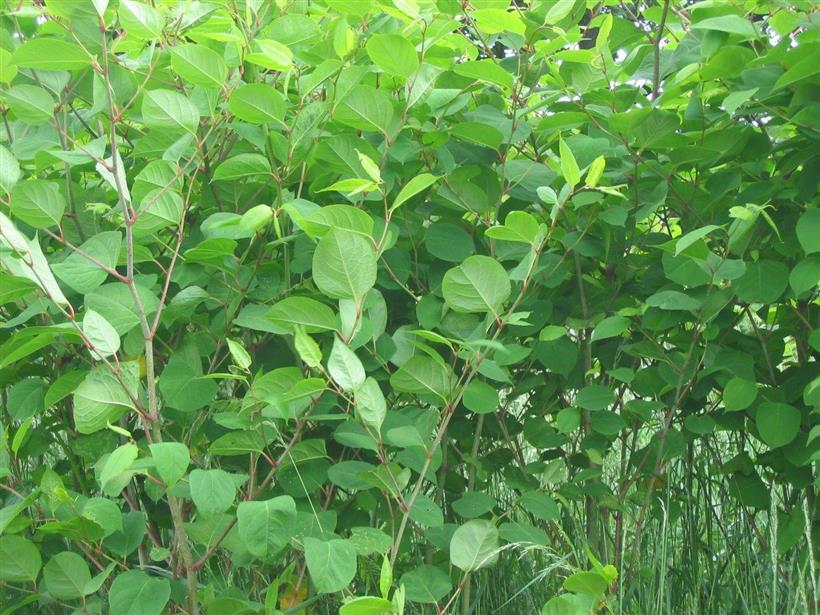31 January 2018

Not always visible in winter, the spring can see plants growing that can affect the value of your property.
Many home owners are unaware that their house may have lost value and be difficult to sell if Japanese Knotweed, Himalayan Balsam or any one of many controlled plants, is found growing in the garden.
A number of lenders are refusing to grant mortgages and, warns Robert Fairbairn of Goadsby, most insurance policies will exclude damage to the property caused by invasive plants.
Japanese Knotweed was introduced as an ornamental plant over 100 years ago, has spread rapidly and it is now to be found throughout the country. Knotweed can block drains, disrupt patios and drives and can even damage structures such as conservatories and garden walls.
This vigorous plant can spread from even the tiniest piece and this makes it very difficult to eradicate.
Knotweed control is not just a matter of weekend gardening. The Government has designated the plant and soil that has been contaminated by it as “controlled” waste. This means that only a licensed contractor can remove it from a property and it has to be taken to a specially licensed facility. This can be a very costly operation.
Himalayan Balsam can now be found by many watercourses and in a number of gardens. This member of the impatiens family has pretty pink flowers and the exploding seed pods can be great fun for children to play with – but helps spread the seeds far and wide. The main problem is that the plant competes against local species, often shading them and so killing the plants that our native insects and birds rely upon.
For advice contact Robert Fairbairn at Goadsby on 01202 550103.